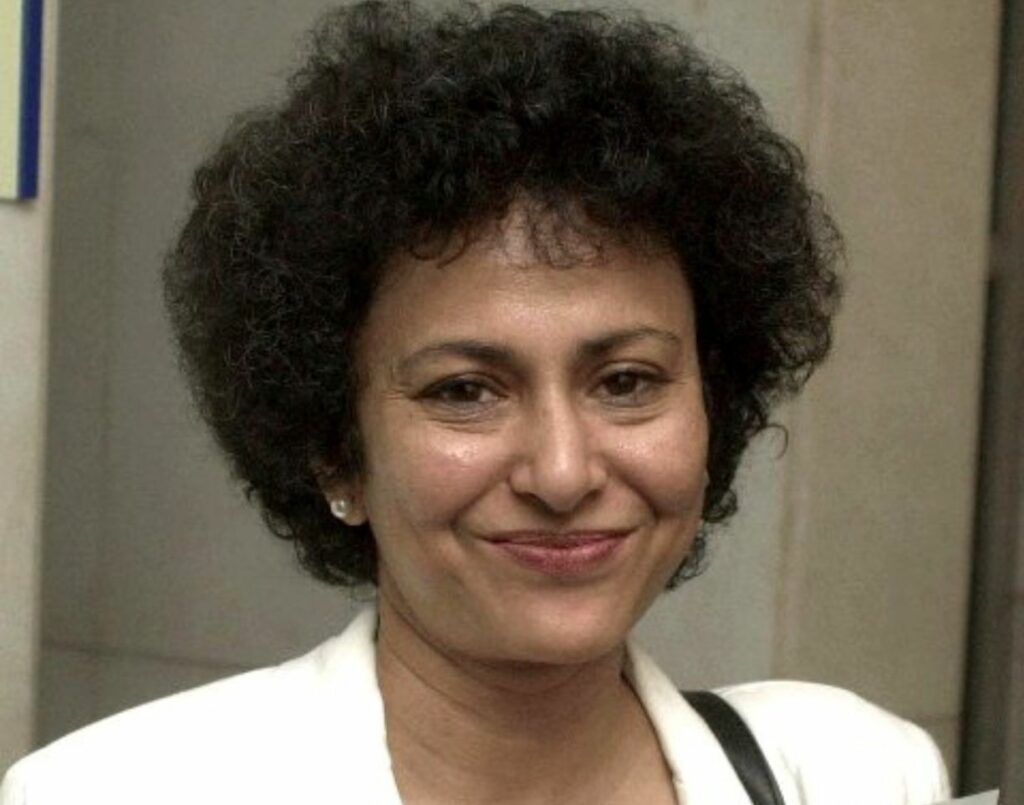
IHRC welcomes UN report on global impact of Gaza genocide on free speech

IHRC welcomes the latest report by UN Special Rapporteur on freedom of expression and opinion, presented to the UN general assembly earlier this month, on the impact of the genocide in Gaza on freedom of expression globally
The report found an “extensive pattern of unlawful, discriminatory and disproportionate restrictions on advocacy for the rights of Palestinian people”.
The “suppression of protests and dissent and undermining of academic and artistic freedoms in polarized political environment; and restrictions on legitimate political expression in the name of fighting terrorism and antisemitism” highlighted in the report are all concerns that we have been reporting continuously since last October and which we have passed on to the UN. To date we have submitted two reports which are available to read here and here.
In the face of widespread political and media suppression of these grave human rights concerns, the report shines a much needed ray of light on the situation. However, much more needs to be done, particularly in the field of implementing the recommendations and enforcing international human rights standards.
We particularly welcome the finding that the “working definition” of antisemitism of the International Holocaust Remembrance Alliance is inconsistent with international human rights law and should not be used to define policy or regulate speech.
The definition has been adopted by 43 States and is used in practice as a quasi-legal basis to restrict expression on the grounds of antisemitism. Its adoption across Europe has been a source of serious concern in relation to freedom of expression and other human rights. The previous Special Rapporteur on contemporary forms of racism, racial discrimination, xenophobia and related intolerance found the “working definition” to be “divisive” and “politically instrumentalized”.”
Since its introduction in 2016, IHRC has frequently noted how the IHRA definition has been deliberately weaponised to muzzle anti-Israel critics by conflating legitimate criticism with anti-Semitism. Indeed, the United Nations itself on several occasions has warned of the deletorious consequences of this trend on freedom of expression.
For example, the Special Rapporteur on contemporary forms of racism, racial discrimination, xenophobia and related intolerance, E. Tendayi Achiume (report of 2022), points 72-76, said: “The Special Rapporteur calls upon Member States to suspend the adoption and promotion of the International Holocaust Remembrance Alliance working definition of antisemitism and the examples attached to it.”
IHRC urges the UN to continue to work with civil society organisations as well as governments to further the implementation of the report’s recommendations.
[ENDS]
For more information or comment please contact the Press Office on (+44) 208 904 0222 or (+44) 7958 522196 or email media@ihrc.org
IHRC is an NGO in Special Consultative Status with the Economic and Social Council of the United Nations.
Islamic Human Rights Commission
PO Box 598
Wembley
HA9 7XH
United Kingdom
Telephone: (+44) 20 8904 4222
Email: info@ihrc.org
Web: www.ihrc.org
Twitter: @ihrc





